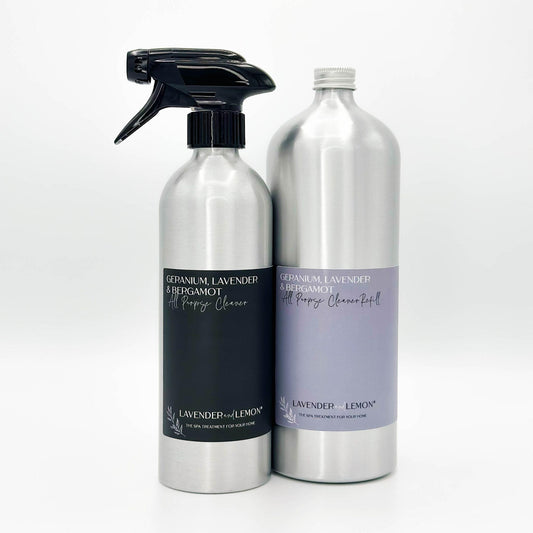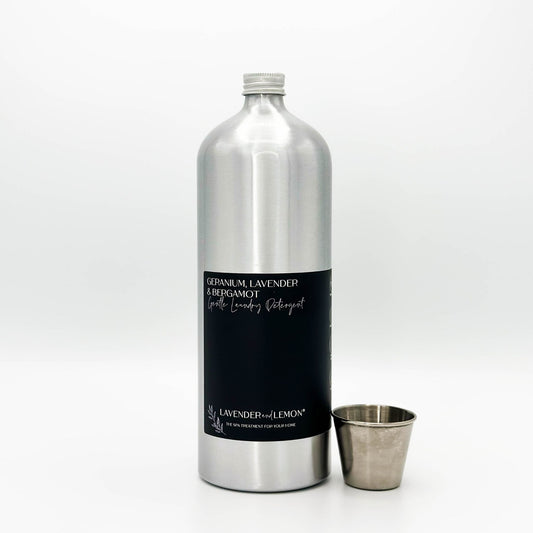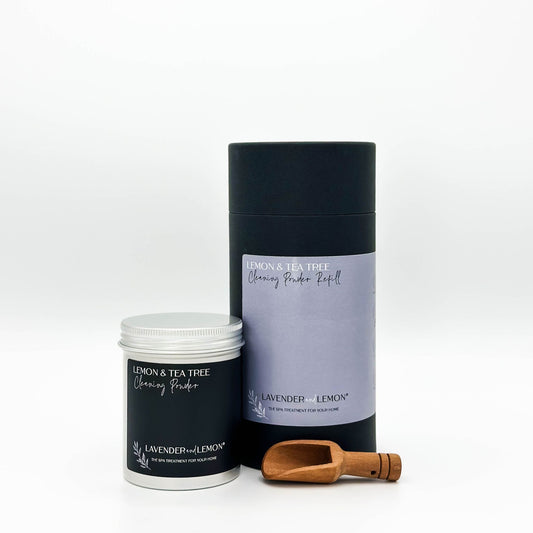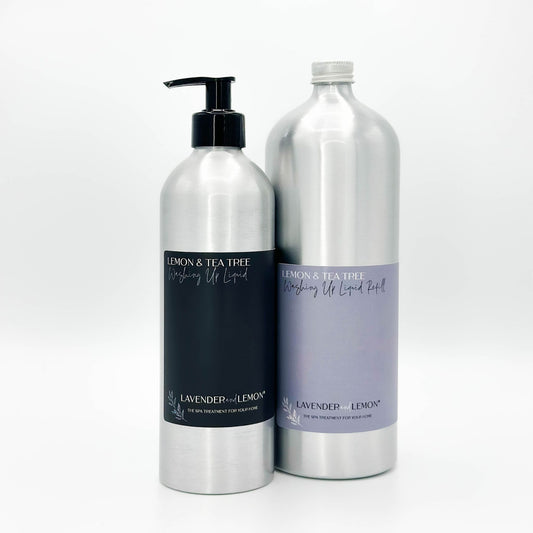Free Shipping Over £35

Discover the Benefits of Autumnal Foraging in the UK
Share
As the air turns crisp and the leaves begin to fall, nature provides abundant wild fruits, nuts, and fungi to forage and enjoy. Autumnal foraging in the UK is more than just a pastime; it's a sustainable practice that fosters a solid connection to the land, offers numerous health and well-being benefits, and brings us closer to the incredible variety of seasonal produce available at our doorstep.
Sustainability Benefits of Autumnal Foraging
Foraging in the UK has become increasingly popular in recent years, and for good reason. Gathering wild food supports environmental sustainability in a variety of ways. One of the primary benefits is the reduction in carbon footprint. Foraged food, being locally sourced, eliminates the emissions associated with long-distance transportation of commercial produce. Additionally, unlike monoculture farming, which can decrease biodiversity, foraging promotes diverse ecosystems by sourcing from wild areas rich in plant and animal life.
These wild foods grow without synthetic pesticides, herbicides, or fertilisers, ensuring the environment and consumers are free from potentially harmful chemical residues. The undisturbed soils in which they thrive are naturally healthy and rich in organic matter, starkly contrasting over-farmed soils often found in commercial agriculture. Another significant advantage of foraging is the reduced waste; foraged foods come without plastic packaging and encourage taking only what's needed. Lastly, foraging highlights the importance of natural water usage, with wild plants relying on nature's water supply rather than extensive irrigation systems.
Autumnal foraging champions a harmonious relationship between humans and the environment, emphasising sustainable practices and a deep respect for nature's cycles.
Health and Well-being Benefits
Foraging not only supports the environment but also enhances our health and well-being. Gathering wild food requires physical activity, fresh air, and mindfulness, promoting physical and mental health.
A study published in the Environmental Science & Technology journal found that spending time in nature can help reduce mental fatigue and stress while improving mood and cognitive function.1 The wild foods you collect are also rich in nutrients, antioxidants, and unique flavours, contributing to a healthy and varied diet. According to Adele Nozedar, author of The Garden Forager: Edible Delights in your Own Back Yard, “Nutritionists tell us we need to eat 30 different food-stuffs per day, and if a small handful of these come from your garden or window box, then so much the better.” 2
What You Can Forage in the UK
Autumnal foraging in the UK offers a treasure trove of delicious and nutritious finds:
1. Mushrooms: From the classic chanterelles and ceps to the vibrant fly agaric and beefsteak fungi, the UK is home to various mushrooms, each with its unique flavour profile and culinary uses. However, knowing how to identify mushrooms correctly is crucial, as some can be toxic. The book Mushrooms by Roger Phillips is an excellent guide for beginners.3

2. Nuts: Acorns, chestnuts, and hazelnuts are some of the wild nuts you can forage in the UK. Rich in healthy fats and protein, they can be used in both sweet and savoury dishes.
3. Berries: Blackberries, elderberries, and rose hips are just a few wild berries available for foraging. Packed with antioxidants and vitamin C, they are great for jams, desserts, or simply snacking.
4. Herbs: Wild garlic, nettles, and sorrel are abundant in the UK. These herbs can be used in soups, stews, and sauces, adding flavour and nutrients to your meals.
Take A Guided Foraging Walk
If you find yourself in the Brecon Beacons area and have a keen interest in foraging, seeking the expertise of Adele Nozedar is a must. Adele is an acclaimed author, food writer, and passionate forager who offers guided foraging walks that promise a rich and enlightening experience. Her profound knowledge of wild foods and her captivating storytelling make each excursion a delightful blend of education and adventure. Whether you're a novice forager or a seasoned enthusiast, spending time with Adele in the lush landscapes of the Brecon Beacons will undoubtedly deepen your appreciation for nature's bounties. My family and I recently attended a foraging walk with Adele, and it was an outstanding educational experience.
And if you're not in the Brecon Beacons? Worry not! There are many foraging experts across the UK and beyond, so consider seeking one out in your local area to embark on a similar journey of discovery.
A Final Foraging Note
Remember, foraging should be done responsibly. Always follow the forager's code: only take what you can use, leave some for wildlife, and avoid damaging habitats. Additionally, ensure you have permission to forage in a particular area.
Autumnal foraging in the UK is a rewarding experience that connects us to the rhythms of nature, promotes sustainability, and enhances our health and well-being. By participating in this age-old practice, you'll discover the rich tapestry of wild foods in the British countryside and their countless culinary possibilities.
CITATIONS
- Barton, J., & Pretty, J. (2010). What is the Best Dose of Nature and Green Exercise for Improving Mental Health? A Multi-Study Analysis. Environmental Science & Technology, 44(10), 3947-3955
- Adele Nozedar, (2015), Vintage Publishing, The Garden Forager: Edible Delights in your Own Back Yard
- Roger Phillips, (2006), Pan Macmillan, Mushrooms








